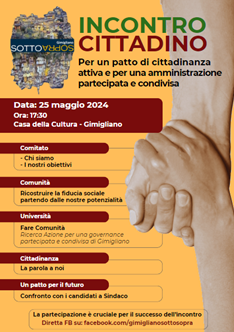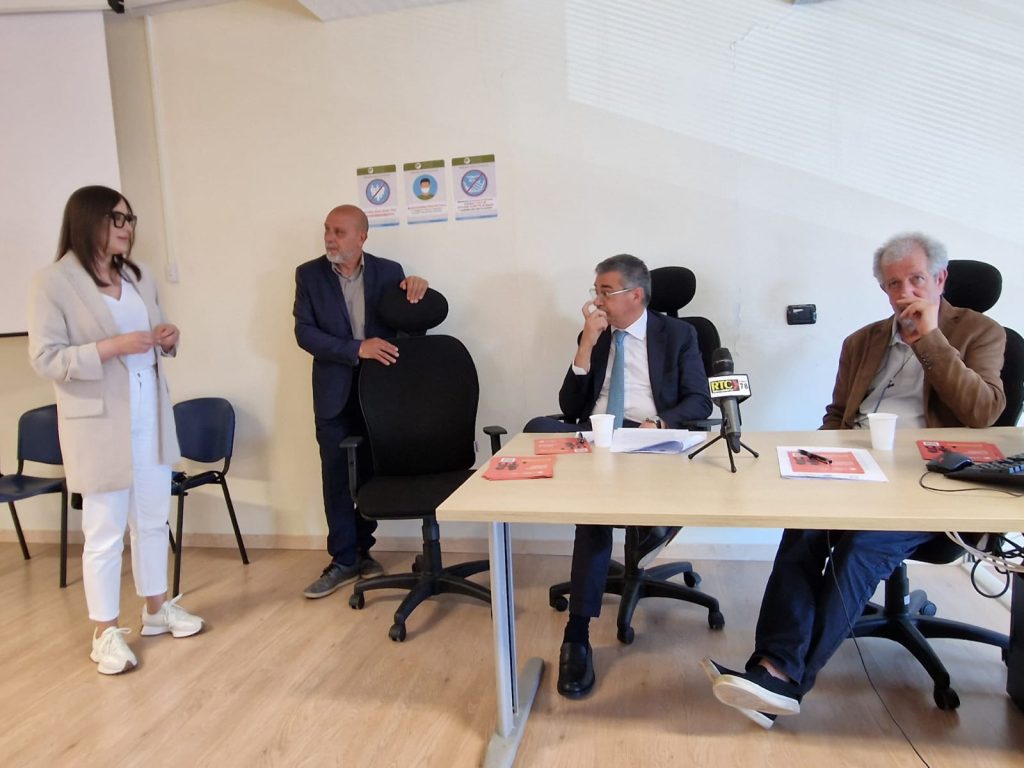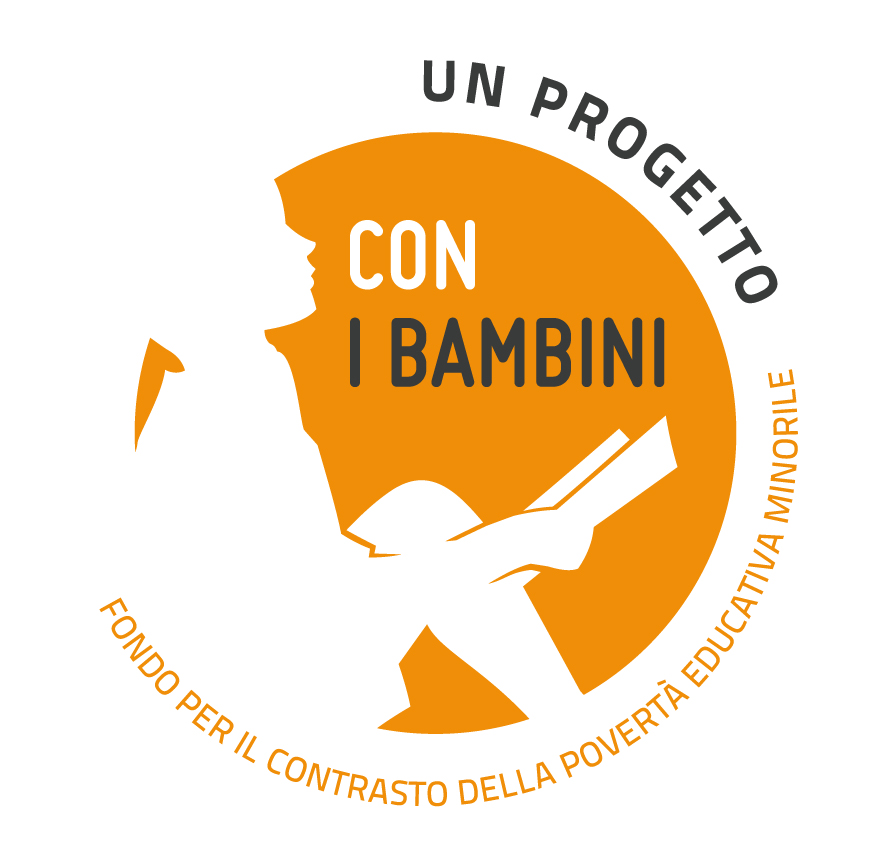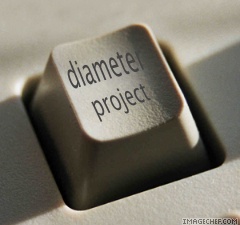by Roksana Reyhanian, Iranian, Redactor of thediagonales
[responsivevoice_button rate=”1″ pitch=”1.2″ volume=”0.8″ voice=”UK English Male” buttontext=”play this text”]
“Why did we face the crisis of COVID-19? Was it about a hidden political agenda or a biologic war? Or was it about excessive destruction of nature by the human and the balancing response of the universe? I am not sure about it. We should wait and see what will happen“.
This was the most satisfying answer that I have heard over the days.
The current crisis has some characteristics that are directly intertwined with our lifestyle, behavior habits, our beliefs, and the matter of death. Despite extensive researches around the world, the origin and the final destination of the virus have yet to be known.
Coronavirus does not speak and cannot be seen. It moves among us without any signs, and all of these features increase its unknown and indeterminate nature. Normally, the public interprets such a vogue trend based on their interests or information. “It is obvious that we desperately need to find meaning, and when we are presented variant behavioral data, without the meaning, we give it another meaning by adjusting it with a similar explainable framework, because it is the meaning that heals life stresses. This meaning is created to heal the stress arising from life and a world without destined structure.”(1)

I have repeatedly seen some wrong reactions of the people in my country, Iran, towards the behavior and policies of the government. Our people have always been living in different crises including economic, cultural, or war crises. However, the important point in the current crisis of COVID-19 is that the reactions and intellectual positions of the people have changed a lot over a short time. In my opinion, every time that our beliefs fail, there is an opportunity to review and reform our previous solid thoughts to have better beliefs for future crises. There might also be an opportunity to exit the loop of different repetitive crises! We all know that, according to the law of minimum energy consumption, the mind inclines to consolidate experiences and their meanings.
The outbreak of coronavirus in Iran faced with two kinds of reactions, which both of them have indicated severe discredit of the government in the eyes of the people (keep in mind that taking positions and different analyses generally belong to the middle class of society, and despite their low number of population, they are the ones who can create changes and reforms.)
On one side, the news about the outbreak of the virus in Iran was not taken seriously. The public believed that this is a new method to cover up recent catastrophes in Iran that occurred due to the incompetence of governmental officials. On the other side, another group of people believed that the Islamic Republic of Iran covered the outbreak of coronavirus to hold the parliamentary election and subsequently made it public too late, which led to its inability in containing the spread of the virus! Also, Iranian outlets published contradictory news in this regard. As a result, because of differences in opinion and severe economic problems of the people, an integrated quarantine was not implemented across Iran.
“Throughout the history of Iran (except for some exceptions), there has been a fundamental contradiction between government and society. Governments have been authoritarian, and the people have had hope for a change. and this has led to the frustration of the people.”(2)

The outbreak of coronavirus in Iran started in the city of Qom, which is considered as the religious capital of Iran and most of Iranian clerics are inhabit there as well. Therefore, a sense of happiness and revenge was obvious among the public. The people were expressing their happiness and satisfaction since believing in karma and resurrection has a deep origin in the Iranian culture.
Besides, a large stream of relevant jokes occurred on social media. Due to the lack of freedom of speech over the past decades, Iranians express bitter political and social incidents in the form of satire and irony, and they are truly master in this field. Also, many historical literary texts in Iran were written in the form of effective social satire.
Due to governmental mismanagement, economic problems as well as lack of integrated consensus of the people, the disease turned into an epidemic in Iran.
In this situation, the role of this justice seeker virus was interpreted as an enemy which doctors and nurses are fighting with it, and of course, the government was very interested to promote this mindset, because Iran’s imaginary enemy has been used for years as a tool to covering mistakes and mismanagement. There was an idea among the public that a biological war has been waged by countries that are politically against Iran, and the reason for this conspiracy is to eliminate Iran’s power that subsequently leads to suffering the innocent people!
“Iranian people rarely believe the surface of every event, phenomenon, comment, or suggestion. They highly believe that the surface is misleading, and the truth lies beneath it. The most famous reflection of this approach can be seen in the Conspiracy Theory, which is not dedicated to Iran in any way. Although the theory has been developed in Western societies, it has a deep root in Iran. A perfect example could be the tendency to believe in Britain’s intervention in Iran’s domestic affairs, even in low-importance matters.” (3)
And finally, the spread of COVID-10 across the world has brought a giant surprise and dilemma for people. “When a person cannot fail to find an integrated pattern, not only he feels annoyed and dissatisfied, but also he becomes desperate. On the other hand, if he can decrypt a meaning from events, this will always bring him a sense of superiority.”(4)

The fear of death is now ubiquitous, and it is so great that a considerable part of life is spent to deny death. Social media is now full of colorful foods, culinary recipes, gardening, lifeful spring blossoms, Smiling Challenge, reviewing good memories, and other positive sentences. (The current denial of death and invitation to life is truly one of the most beautiful moments of human life. In the meantime, it is worthy to ponder on all of the heavy materialistic and mental costs that we paid for the denial of death. To sell the meaning of life, capitalism has enslaved us by encouraging people to confront the undeniable truth of death. Capitalism will soon pave its way to these tiny joys of our lives under the pretext of establishing health mental and physical health.)
At the end of these days, the belief about nature’s reaction will empower, and that means we have oppressed nature, and our possible death will help to establish justice in the universe. “Is there any meaning in my life that would not be eliminated by the inevitable death that awaits me?” (5)
Keep in mind that the human lifestyle during all of the past years has led to the destruction of a considerable part of nature, and indeed, nature has been constantly changing to establish a balance, not to reach justice and punishment! Justice, oppressor, victim, and pleading are just human-made concepts that have caused heavy prices for the human. The current crisis could be an opportunity to free ourselves from being a slave in our solid thoughts and authoritarian systems.
Notes
[1] I. D Yalom, Existential Psychoterapy, New York, Basic Books, 1980,
[2] H. Katozian, The Persians: Ancient, Mediaeval, and Modern Iran, Yale University Press, 2009
[3] H. Katozian, The Persians, cit.
[4] I. D Yalom, Existential Psychoterapy, cit.
[5] L.Tolstoy, My Confession My Religion, The Gospel in Brief, (New york: Charles Scribner, 1929)








Devi effettuare l'accesso per postare un commento.